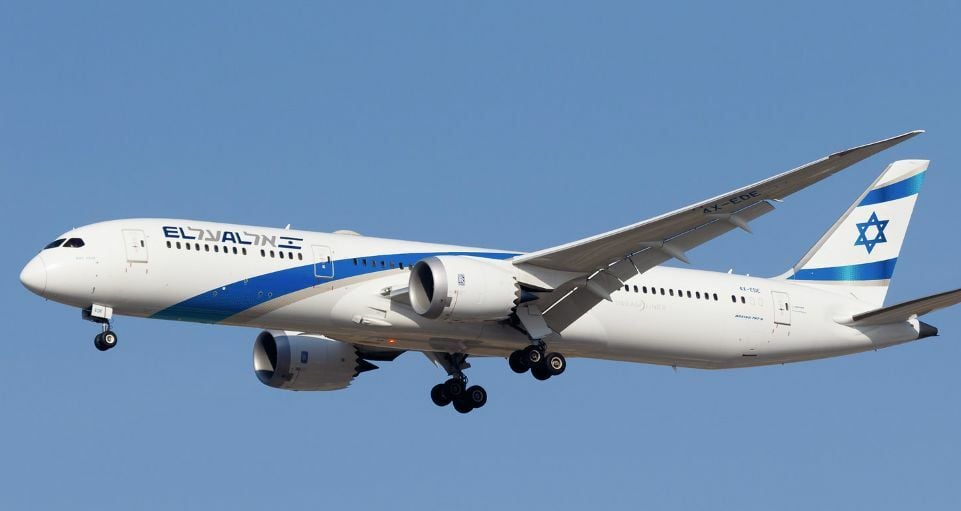Tourist turmoil: Thailand grapples with 10,000 unexpected Israeli guests amid conflict aftermath

Thailand is currently hosting approximately 10,000 Israeli tourists, a situation that arose due to the recent Israel-Gaza conflict. The country’s Tourism and Sports Ministry is monitoring the effects of this situation on its tourism sector.
Sudawan Wangsuphakijkosol, Tourism and Sports Minister stated that while numerous airlines have suspended flights between Thailand and Israel, El Al Airlines, Israel’s national airline, has maintained its regular flight schedule. Additionally, all airlines have provided options for flight cancellations and delays to support travellers affected by the ongoing conflict.
The Tourism Authority of Thailand (TAT) and the Tourism Department have been directed by the ministry to track the situation closely and ensure the welfare of any tourists stranded in the country.
Siripakorn Cheawsamoot, the TAT deputy governor for Europe, Africa, the Middle East and the Americas, noted that outbound flights to Israel are nearly fully booked, indicating a potential shortage due to Israelis’ concerns for their families.
“El Al will continue to operate 11 flights per week between Israel and Thailand, including 8-9 flights to Bangkok and 2-3 flights to Phuket.”
In the case of stranded tourists, the agency plans to collaborate with private operators to offer assistance, such as temporary accommodation and food provisions.
Inbound tourism from Israel
Cheawsamoot acknowledged that the conflict would likely impact inbound tourism from Israel, which has seen about 190,000 visitors in the first nine months, nearing the annual total of 194,081 tourists in 2019. He noted that this market typically stays for an average of 18 days, often travelling as family units or as remote workers.
Projecting the impact on nearby markets is premature, according to Cheawsamoot. He believes the geopolitical conflict in the Middle East will have lesser repercussions on European markets than the Ukraine war, which has strained European economies due to sanctions. In the first nine months, Thailand received 4.1 million European tourists, with the number expected to hit six million this year.
The TAT anticipates at least 800,000 visitors from the Middle East this year, including the Israeli market.
Suksit Suvunditkul, president of the Thai Hotels Association’s southern chapter, stated that the Israeli market in Phuket had grown by 623% in the first nine months of this year, attracting 51,651 visitors. This is a significant increase from 2019, which saw 12,746 visitors in the same period, reported Bangkok Post.
While some Israeli guests have cancelled their trips to return home due to the attacks, the effect on Phuket’s hotels has not been severe. Although Israel is recognised as an emerging market this year, its visitor numbers are relatively small compared to other major markets, such as Russia.
Follow more of The Thaiger’s latest stories on our new Facebook page HERE.
Latest Thailand News
Follow The Thaiger on Google News:


























